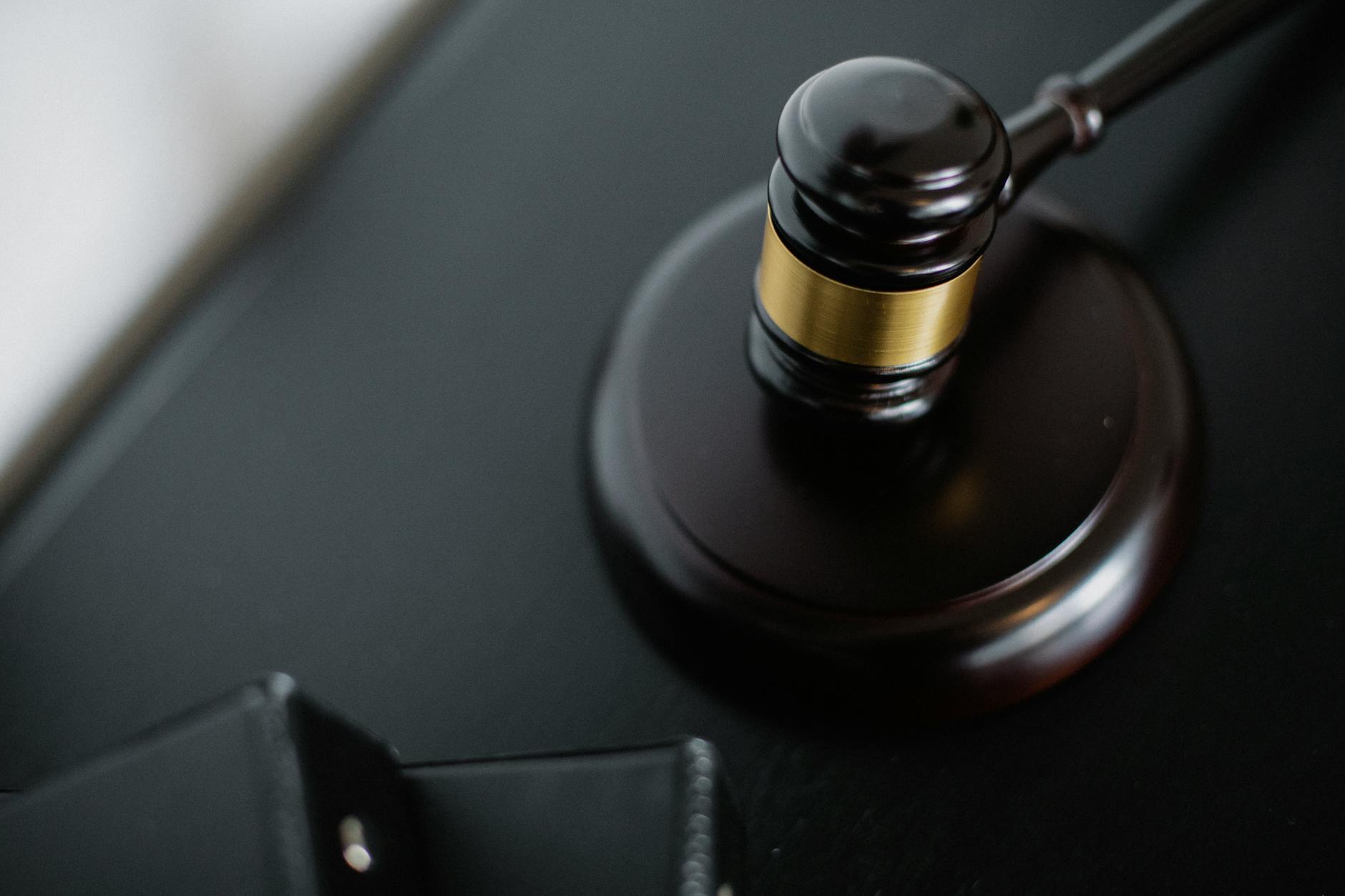Unveil the inner workings of a trademark hearing in India and learn how to navigate the legal process effectively.
Table of Contents
When it comes to protecting intellectual property rights, trademarks play a crucial role in establishing brand identity and preventing infringement. In India, the process of trademark procedures can sometimes be complex and overwhelming for individuals and businesses alike. From trademark hearings to rectifications, renewals, transfers, and expedited registrations, understanding the ins and outs of trademark procedures is essential for safeguarding your brand.
Trademark Hearing in India
A trademark hearing is a formal proceeding where parties involved in a trademark dispute present their arguments and evidence to a designated authority. In India, the Intellectual Property Appellate Board (IPAB) is responsible for conducting trademark hearings. The process of scheduling a hearing involves submitting a written request along with relevant documents and evidence to support your case. Attending a trademark hearing is crucial as it allows you to present your side of the story and defend your trademark rights.
Trademark Rectification in India
Trademark rectification is a legal process that allows individuals or businesses to correct errors or inaccuracies in their trademark registration. In India, the procedure for rectifying a trademark involves filing an application with the Trademarks Registry along with the necessary documents and fees. Common reasons for seeking trademark rectification include spelling errors, incorrect classification of goods or services, or changes in ownership.
TM Infringement Notice in India
Issuing a trademark infringement notice is a formal way of alerting an individual or entity about unauthorized use of a registered trademark. In India, sending a cease and desist letter or a legal notice to the infringing party is the first step in addressing trademark infringement. Failure to respond to a trademark infringement notice can lead to legal action, including civil lawsuits and monetary damages.
Trademark Renewal in India
Trademark renewal is the process of extending the validity of a registered trademark beyond its initial registration period. In India, trademarks are typically registered for a period of 10 years, after which they must be renewed to maintain their protection. Failing to renew a trademark can result in its expiration and loss of legal rights associated with the mark.
Trademark Transfer in India
Trademark transfer refers to the legal process of transferring ownership of a registered trademark from one party to another. In India, trademark transfer can occur through an assignment or licensing agreement, which must be recorded with the Trademarks Registry. Proper documentation and compliance with legal requirements are essential when transferring a trademark to ensure its validity and enforceability.
Expedited TM Registration
Expedited trademark registration is a fast-track process that allows individuals or businesses to obtain trademark protection more quickly than standard procedures. In India, expedited registration is available for certain trademark applications, provided that additional fees are paid. This option is beneficial for entities that require urgent protection for their trademarks due to potential infringement or commercial opportunities.
| Topic | Details |
|---|---|
| Trademark Hearing Location | New Delhi, Mumbai, Chennai, Kolkata or Ahmedabad as per applicant’s choice |
| Notifying Opponent | The opponent must be notified of the hearing at least 14 days in advance |
| Admissibility of Evidence | Evidence must be submitted in writing at least 7 days before the hearing |
| Duration of Hearing | Typically lasts between 1 to 3 hours |
| Decision | The decision is typically provided within 6 months of the hearing |
USA Trademark Registration
Registering a trademark in the United States is a separate process from trademark registration in India and follows different legal requirements. Individuals or businesses seeking trademark protection in the USA must file an application with the United States Patent and Trademark Office (USPTO) and comply with US trademark laws. Understanding the differences between US and Indian trademark procedures is essential for international entities operating in both countries.
International Trademark
Expanding your trademark protection internationally is crucial for safeguarding your brand identity in global markets. Registering a trademark internationally involves filing applications with foreign trademark offices or through international treaties such as the Madrid Protocol. However, navigating international trademark registration can be complex due to varying legal requirements and procedures in different countries.
Logo Designing and Design Registration
Logo design plays a significant role in brand recognition and consumer perception. In addition to trademark registration, protecting your logo design through design registration can provide an additional layer of intellectual property rights. In India, registering a design with the Design Wing of the Trademarks Registry offers legal protection against unauthorized use or reproduction of your logo.
Overall, understanding the nuances of trademark procedures in India is essential for protecting your brand and intellectual property rights. Whether you are facing a trademark hearing, seeking rectification, or exploring international trademark registration, having a clear understanding of the process can help you navigate the legal landscape with confidence.
FAQs
How long does a trademark hearing in India typically last?
A trademark hearing in India usually lasts between 1 to 3 hours, depending on the complexity of the case and the arguments presented by the involved parties.
What is the process for trademark rectification in India?
To rectify a trademark in India, you need to file an application with the Trademarks Registry, providing supporting documents and paying the necessary fees.
How can I expedite trademark registration in India?
You can expedite trademark registration in India by paying additional fees for fast-track processing of your application, allowing you to obtain trademark protection more quickly.
Should I register my logo design in addition to my trademark?
Get
Yes, registering your logo design in addition to your trademark can provide extra protection against unauthorized use or reproduction of your visual brand elements.

